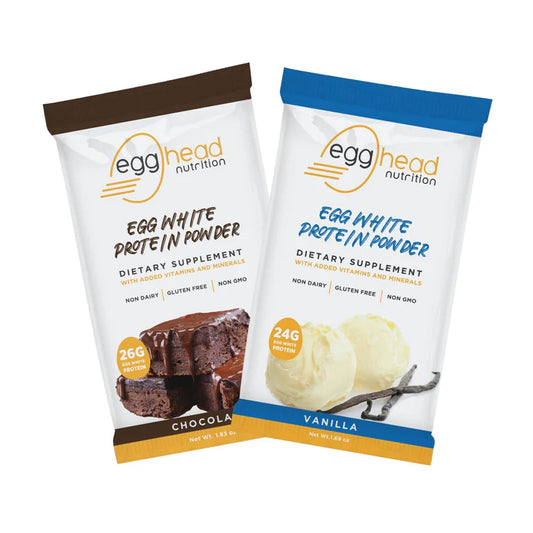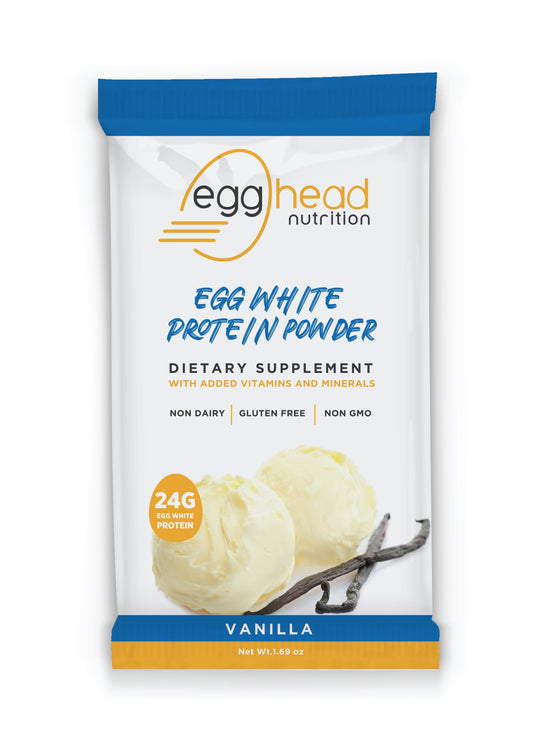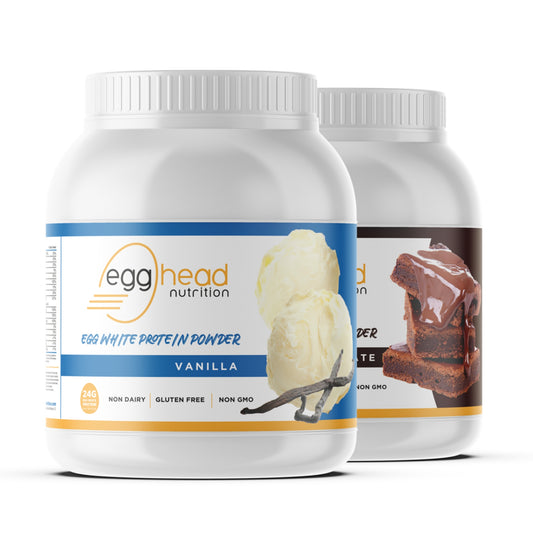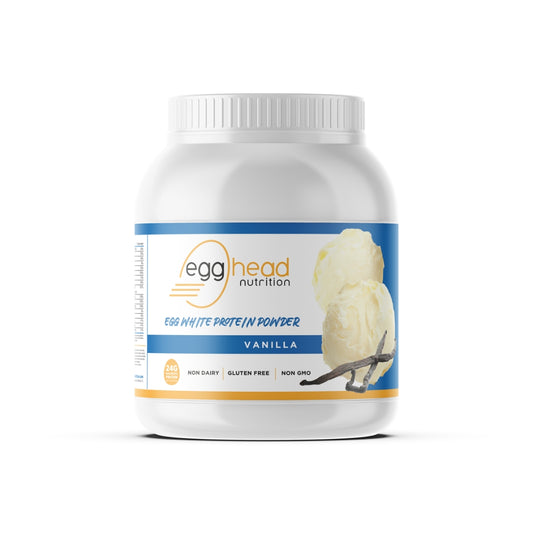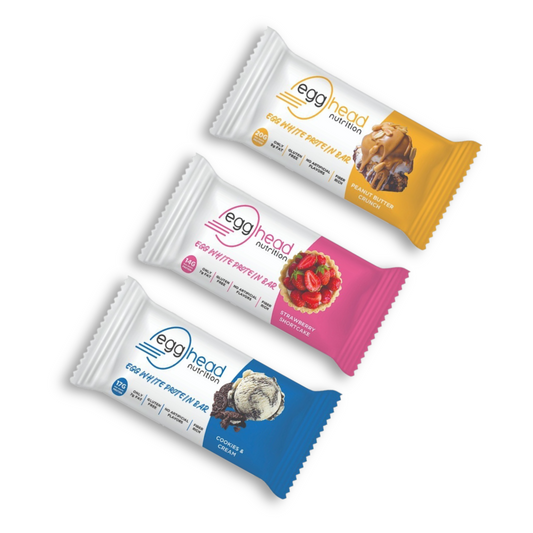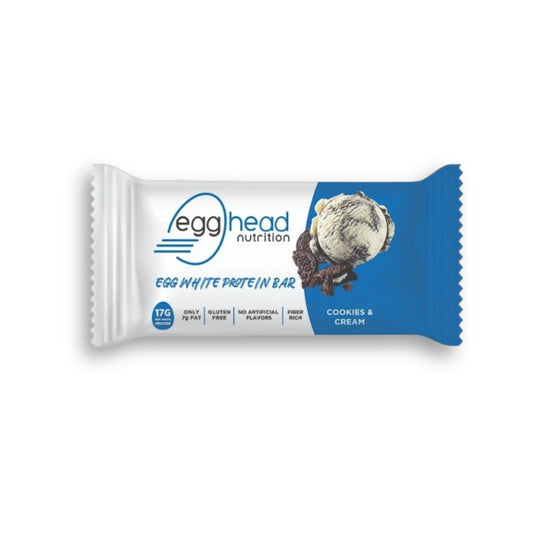Explore the key differences between whey vs whey isolate to choose the best protein for your fitness goals.
Introduction to Protein Supplements: Understanding Whey
Whey protein stands as a cornerstone in the world of nutritional supplements, owing to its rich amino acid profile and superior biological value. This milk-derived protein supports a wide range of physiological functions, including muscle synthesis, immune system strength, and overall wellness. Its popularity stems not just from its nutritional benefits but also from its versatility in diets ranging from muscle-building to weight loss.

Whey isolate represents an evolution in protein purification technology. Aimed at maximizing protein content while minimizing unnecessary fats and carbohydrates, whey isolate offers an unmatched purity level.
This form is particularly beneficial for individuals seeking to enhance muscle definition or those managing dietary conditions requiring reduced fat or lactose intake. The process of creating whey isolate, though complex, underscores a commitment to providing a clean, potent protein source for advanced dietary management.
Whey vs. Whey Isolate: Key Differences You Need to Know
The dialogue between whey concentrate and whey isolate is rich with considerations of dietary goals and personal preferences. Whey concentrate, with its more robust flavor profile and nutritional diversity, like high protein and minerals, appeals to those seeking a whole-food approach to protein supplementation.
Its slower absorption rate makes it a staple for sustaining amino acid levels over longer periods, beneficial for muscle maintenance and overall health.
Conversely, whey isolate shines in scenarios demanding rapid protein assimilation and minimal dietary fat or lactose. Its lean composition supports quick recovery and muscle repair, making it a favorite among athletes and those with specific dietary restrictions.
The cost premium associated with whey isolate reflects its higher protein efficiency and specialized production processes, positioning it as a premium choice for targeted nutritional strategies.
Here's a concise breakdown of their key differences:
- Protein Content: Isolate offers a higher protein percentage per serving, ideal for muscle building and repair.
- Fat Content: Concentrate includes more fat, contributing to its creamier texture and flavor.
- Lactose Levels: Isolate is significantly lower in lactose, making it suitable for those with lactose intolerance.
- Digestion Rate: Isolate is absorbed more rapidly, beneficial for post-exercise recovery.
- Cost: Isolate's extensive processing makes it more expensive, reflecting its purity and protein concentration.
Nutritional Breakdown: Whey vs Whey Isolate
Diving deeper into the nutritional makeup of whey and whey isolate reveals why each is preferred for different health objectives. Whey protein offers a rich, balanced nutritional profile with a mix of proteins, essential fats, and carbohydrates, making it ideal for comprehensive nutritional support, muscle maintenance, and growth. This balance is perfect for those looking to enhance overall wellness while engaging in regular physical activity.
On the flip side, whey isolate undergoes a more rigorous filtration process to strip away much of the fat and almost all lactose, significantly concentrating the protein. This process not only increases the protein content per serving but also reduces the calorie count, making whey isolate an excellent choice for individuals focusing on muscle definition, fat loss, or managing lactose intolerance.
The refinement of whey isolate aligns with the needs of those seeking a lean protein source to complement a calorie-controlled diet or to support recovery with minimal digestive burden.
|
Nutrient |
Whey |
Whey Isolate |
|
Protein |
High |
Higher |
|
Fat |
Some |
Less |
|
Lactose |
More |
Minimal |
|
Calories |
Medium |
Lower |
|
Carbs |
Medium |
Lower |
Digestibility and Absorption: How Whey and Whey Isolate Stack Up
Expanding on the digestibility and absorption aspects of whey and whey isolate, it's worth noting that both forms of whey protein are highly regarded for their fast assimilation by the body, crucial for initiating the muscle recovery process promptly after physical exertion. The rapid absorption of whey protein facilitates an efficient delivery of essential amino acids to the muscle tissues, which is vital for kickstarting the repair and growth mechanisms following a workout session.
Whey isolate, in particular, stands out due to its advanced processing, which strips away most of the lactose and fat. This results in a protein that's not only purer but also faster to digest compared to its counterpart, whey concentrate. The reduced presence of lactose and fat in whey isolate minimizes the risk of gastrointestinal discomfort, thereby making it an excellent option for individuals with sensitive stomachs or lactose intolerance.

Furthermore, this enhanced digestibility and absorption rate make whey isolate an exceptionally effective choice for rapid post-workout recovery, ensuring that the muscles are quickly nourished, aiding in the swift repair and growth of muscle fibers.
Ideal Scenarios: When to Choose Whey Over Whey Isolate
When selecting between whey and whey isolate, the decision hinges on specific dietary needs, fitness objectives, and personal preferences. Whey protein concentrate is a great all-rounder, providing a balance of protein, fats, and carbs, making it suitable for individuals aiming to increase mass and who do not have significant dietary restrictions.
Whey isolate, with its higher protein content and minimal fat and lactose, caters to those with more specific goals, such as losing weight or managing lactose intolerance.
- Bulk Building: Choose whey for muscle mass and weight gain.
- Dieting: Opt for isolate when cutting calories or fat.
- Lactose Sensitivity: Isolate is best for those who are lactose intolerant.
- Fast Recovery: Isolate's quick absorption is ideal for post-workout.
- Cost-Effective: Whey offers a budget-friendly protein option.
- Clean Protein: Isolate provides a purer protein source with less potential allergens.
- Taste Preferences: Whey tends to have a creamier taste due to its fat content.
Whey vs. Other Proteins
When comparing whey protein to other protein sources and protein powders, it's essential to understand the unique characteristics and benefits of each. Whey protein, derived from milk, is renowned for its complete amino acid profile and rapid absorption, making it a popular choice for post-workout recovery and muscle building.
On the other hand, various protein sources such as plant-based proteins like soy, pea, and hemp offer alternatives for individuals with dietary restrictions or preferences. These options may provide similar benefits to whey protein in terms of muscle support and satiety but differ in their amino acid profiles and absorption rates.
Additionally, protein powders come in various forms, including casein, collagen, and blends, each offering distinct advantages depending on your goals and lifestyle. Casein protein, for example, is digested more slowly than whey, providing a sustained release of amino acids over time, making it suitable for nighttime supplementation or prolonged periods between meals.
Ultimately, the choice between whey protein, other protein sources, and protein powders depends on individual dietary preferences, fitness goals, and any specific dietary restrictions.
Post-Workout Recovery: Analyzing Whey vs. Whey Isolate Effects
For post-workout recovery, the distinction between whey and whey isolate becomes particularly significant due to their absorption rates and protein content. Whey protein is already a fast-acting source of amino acids essential for muscle repair.
Whey isolate, however, by virtue of its processing, provides an even purer form of protein. This means it can be absorbed more quickly by the body, making it especially useful for those critical moments right after exercise when your muscles are primed for recovery and growth.
Choosing between whey and whey isolate for post-workout nutrition often comes down to specific fitness goals and dietary requirements. While both forms are effective, whey isolate may edge out as the preferred option for those looking to minimize calorie intake while maximizing protein absorption.

Its lower fat and lactose content not only supports those with dietary restrictions but also aligns with goals centered around lean muscle development and faster recovery times.
FAQs: Answering Your Top Questions About Whey and Whey Isolate
Q: Is whey isolate better for lactose intolerance?
A: Yes, whey isolate has less lactose, making it a better choice for those intolerant.
Q: Is whey isolate more expensive than whey concentrate?
A: Generally, yes, due to its higher protein content and additional processing.
Q: Can both whey and whey isolate support muscle recovery?
A: Yes, both are excellent for muscle recovery, though isolate may be absorbed faster.
Q: Should I choose whey isolate if I'm on a diet?
A: Whey isolate, with its lower fat and calorie content, is ideal for dieting.
Q: Can whey or whey isolate help with immune system support?
A: Yes, both whey and whey isolate contain components like immunoglobulins and lactoferrin, which are known to support immune health.
Q: How long do whey and whey isolate take to show effects on muscle growth?
A: Noticeable muscle growth can occur within a few weeks of consistent use alongside regular strength training, though individual results may vary.
Q: Can whey isolate cause kidney damage if consumed in large amounts?
A: In individuals with healthy kidneys, high protein intake from whey isolate is generally safe, but those with existing kidney issues should consult a healthcare provider.
The Verdict: Making the Right Choice for Your Fitness Goals
In choosing between whey and whey isolate, consider not just immediate fitness goals but also long-term health objectives. Whey isolate, being more refined, suits those keen on lean muscle gain and fast recovery with minimal lactose and fat intake.
Meanwhile, whey concentrate's nutritional profile supports sustained energy and muscle nourishment, ideal for comprehensive wellness. Ultimately, aligning your protein choice with your lifestyle ensures you reap the maximum benefits while adhering to personal health standards and preferences.


